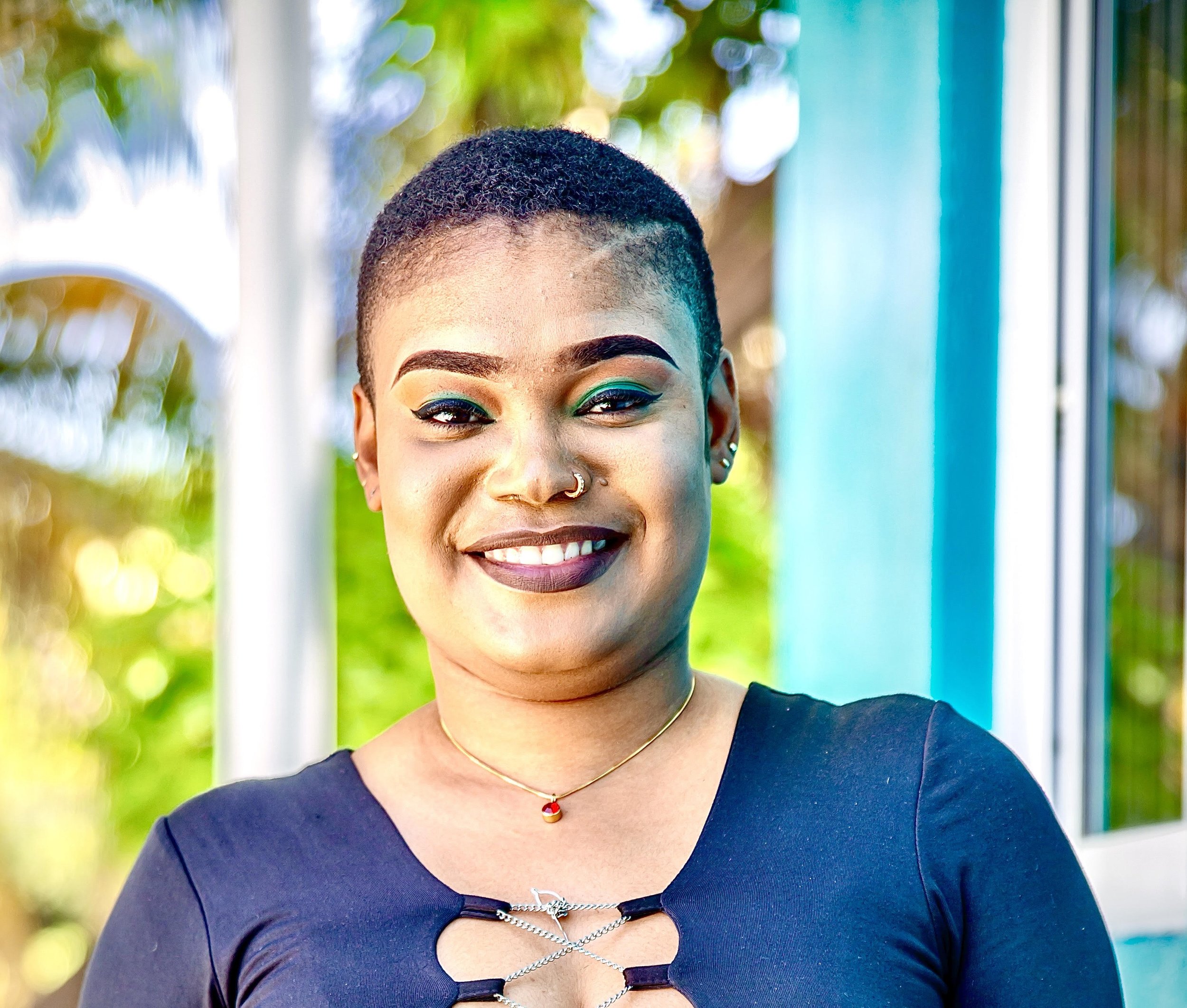To Love in Silence: A Father’s Day Story from Haiti
On Father’s Day, children traditionally give their fathers something special: a drawing, a cake, a book, something homemade. As an adult, you keep celebrating every year, but less often with the ritual of a homemade gift and more often with reflection and time together.
Most countries celebrate Father’s Day over summer. This year, Haiti will celebrate our fathers on June 25th. On this day, we’ll reflect on the importance of our fathers’ roles in our home, and on the lasting positive effect that a father’s task, conscientiously performed, can have on a family, a community, a society.
Today, I pay a well-deserved tribute to my father: an honest, hard-working, responsible man who fulfills his role with stoic consistency.
His name is Jean-Robert.
Originally from a small town in Petit-Goave, a coastal commune in Haiti’s Western Department, he was raised on the family farm. There he learned to work the soil himself, before leaving for Port-au-Prince to get a higher education. There, my father became a teacher. He taught Haitian Creole, math, and social sciences for over thirty years in Cite Soleil, Haiti’s largest slum.
Jean-Robert. Photo provided by the author.
For as long as I can remember, my father has been there for us, working hard to get us what we needed. He regularly risked his life, under fire from bandits in Cité Soleil, to get to work and make ends meet. He’s a hero to his five children (two boys and three girls) who are now adults, mothers and fathers themselves.
My dad is one of those dads that wakes you up at 4am to go over lessons, study and do homework before going to class. After school, he would give us more lessons and help us with our homework. We always ended up falling asleep on his lap.
It’s probably not the best way to teach a child, but it didn’t really hurt us.
Now in his sixties, the man has retired. A day for him now starts with the morning news and phone calls with my mother (who hasn’t lived in Haiti for more than two years). He’ll go out into the neighborhood to preach the good news of the Kingdom, and often end the day with some Netflix.
My father is a solid, almost unflappable man – with a strong drive for success. He’s always worked hard, been demanding. He has a hard time dealing with failure, and has had to learn resiliency when it happens. He understands that as a father, his presence and the support he gives really matter to his children.
But, like many men of his generation, my father does not really know how to invest in a child’s emotional development. He belongs to that class of fathers who prefer actions over words to show their feelings. My father is the archetype of this generation of dads who can answer questions without ever opening their mouths.
My parents. Photo provided by the author.
On second thought, I think my father is like the majority of Haitian fathers. They often don’t know how to express their feelings towards their children, how to say “I love you.”
My dad prefers to love us by example. He guides our steps, making sure we sometimes hit small rocks to learn how to avoid the big ones, wishing for only one thing – that we can get there on our own. He is content to love us in silence and be proud of our accomplishments.
In that silence, there is the modesty of fatherly love. What he did for me, for us, was everything a good father could do for his child. He sacrificed so much of himself to ensure our education. He drove us everywhere, and came to pick us up afterward. Always there. Acting. Without saying a word. He was with us for the most wonderful moments of our lives. He drove us to church for our wedding ceremonies. Always there.
So in all my father’s quiet, I see the reserve of a man who learned at an early age the meaning of responsibility. And he took life seriously. Too seriously. Much too much. So he keeps quiet about his braveness and the risks he took. He keeps quiet about his own wounds. But in a sense, his silence is shouting them.
My father showed us that he loved us without ever really telling us. It was better this way than the reverse, a father who tells you he loves you but never acts on it.
But it built a wall between him and me. The wall of silence. And that makes it hard for me to tell him all the nice things I’d like to say. So I write. I write my love for him on blank pages. I write over the silences.
This Father’s Day, I would like to salute all those dads who love in silence; those dads who express their emotions with incredible discomfort; those dads who lose their way when their children try to hug them; those dads who don’t need to say “I love you” for us to know; those dads whose silence is more audible than words.
Aljany’s father devoted incredible amounts of time, money, and energy to his children’s schooling, dreaming that one day they could go to college or university. You can help other fathers and mothers in Haiti realize that dream for their children with a contribution to Heartline’s Scholarship Fund today.
About the Author
Aljany Narcius
Haitian journalist Aljany Narcius is currently pursuing a Master 2 in Media Management, online from France’s University of Lille. With ten years of experience in the fields of journalism and communication, Aljany is a linguist who uses the Creole language as her weapon in the fight against social inequalities, exploitation, and all kinds of violence.




